With so much content found online, much of it is met with skepticism by the reader. The general public has been hounded with advertising from every angle, so how can you as a marketer befriend them through your content?
How can you get people to not only believe what your write, but also take action as a result? Read on to find out.
Why People May Not Believe You
So first, why do people distrust content in the first place? Think back on the content you have encountered in your experiences online.
If consumers believed everything they read, they would have hundreds of subscriptions to different services, which they thought were free trials, miracle products to stop aging, and memberships to multi-level marketing businesses that will supposedly make them millionaires.
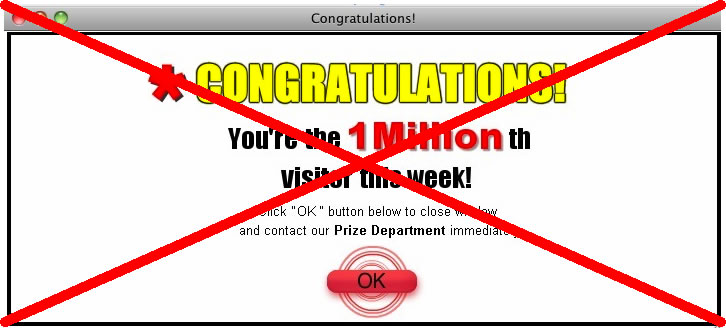
Various internet and email scams over the years have caused an increasing degree of doubt to be present in the minds of online consumers, and rightfully so.
Naturally, people will try to ensure that their beliefs can be backed up with facts and proof so that they are not made to be a fool. While some are less discerning than others, most people are wary and need to be convinced by an authoritative source and supporting evidence. Inherently, if a person senses money motives, they will pull back and not trust what they are reading fully.
8 Tips How to Gain Content Credibility
There are a variety of approaches you can use when writing to show your potential customers what you have to offer them, thus building a relationship with them and eventually making sales; all without setting off any red flags. Here are guidelines on getting people to believe what you write
#1 Keep it Simple
Many businesses think they are sounding really smart by using technical terminology and writing lengthy descriptions, but actually it just confuses and frustrates your audience. Your audience wants to know what you have to offer them and how they can get it. Take for example, Synergy’s website below. The page has a call to action, but has a lot of content that comes to view as well.

Instead of celebrating their 25 years and business and explaining about their product, they should tell how it benefits the audience.
For readers to trust you, you need to show how you will help them, get to the point right away and keep the language simple. In doing so, the reader will get your message and is more likely to take action.
A good example is Hostgator below:
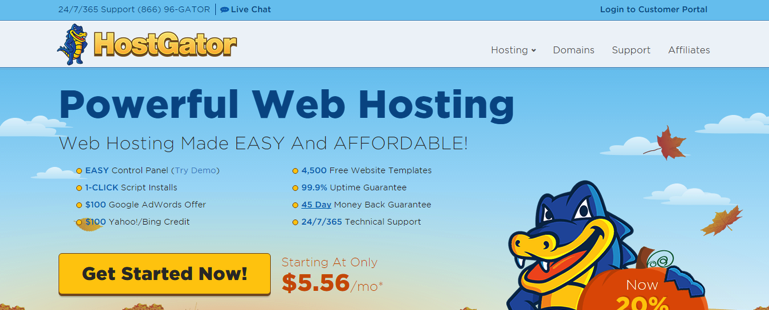
Simple, straight-forward and no reason to question credibility.
#2 Engage and Gain Agreement
Second, you must engage your audience and gain their agreement. You need to know who your target audience is and what they care about. This can be achieved through researching analytics on behaviors of current customers and visitors.
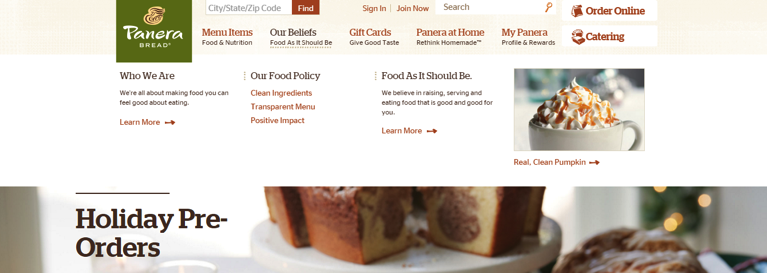
For example, if you sell organic foods and you write content about the latest updates in organic regulations, dangers of non-organic foods, etc., you will likely be on the same side as your audience and they will continue to read and believe what you say. However, if you put out content that is adverse to their beliefs, like say checking in at McDonald’s on your Facebook page, they are less likely to believe any of your content. Panera does a great job of incorporating content that will help their audience believe in them in their “Our Beliefs” section. They offer transparency and credibility by sharing that they care about clean ingredients, a transparent menu and making a positive impact.
All your writing should be in alignment with your message. You also need to show that you are able to provide your audience with something that is to their benefit, and not for the sole purpose of inflating your sales.
#3 Don’t Use Spammy Language
Claiming to be the only provider, or the best/cheapest provider of a product, will immediately set off red flags with the reader.
While the purpose of your content is to increase business, which means you will want a high conversion rate, adding hype and superlatives should be avoided.

What you should do instead is be more specific and honest. “Voted Best Burger in Auckland by Metro Magazine”
If for example, you offer a lower price for a product than your competitors, tell the reader how much the product costs when purchased through you. Show the savings you offer in comparison to other providers. If something is free, people will assume the value is lower than something that has a cost. Your honest claim will have more credibility than if you were to write, “We are by far the cheapest providers of product x in the country.”
#4 Program the subconscious with repetition
Next, let’s dig a little bit into psychology. The more something is repeated, the more our subconscious minds start to believe it. When producing your regular content, by including the same key statement or reinforcing an idea, you will add more credibility to it. The more someone reads the same information, the more they will start to believe that it is true. Don’t make it obviously repetitive, but be sure to incorporate it naturally.
#5 Use images to make them believe you are telling is true
Images are a powerful way to increase the believability of any message or claim that you make. This has been proved in various studies, which have shown that people are more inclined to believe a statement if it is accompanied by an image, as opposed to a plain statement written in text alone. Here is just one example of Intercom:
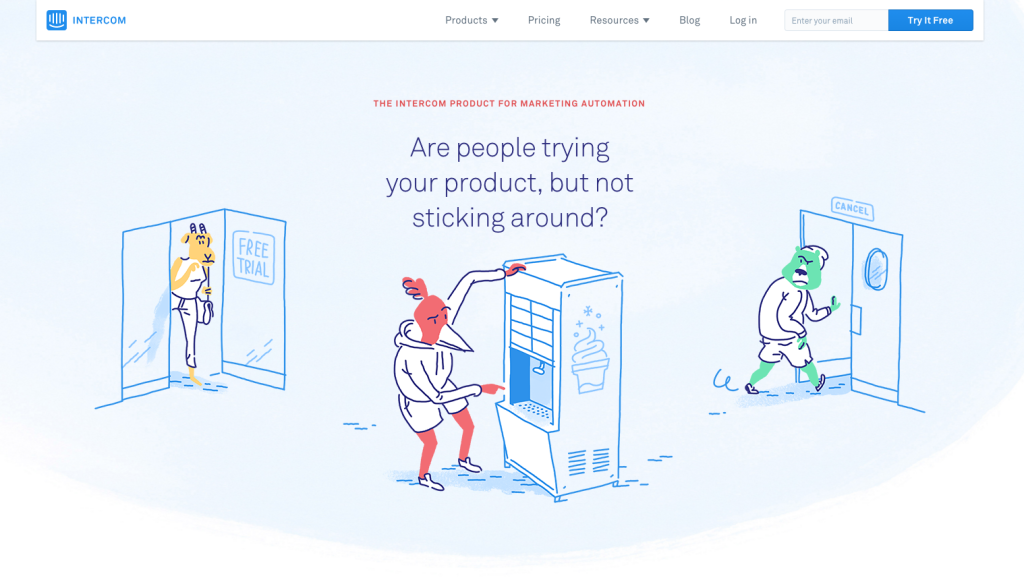
When it comes to e-commerce in particular, what better way to prove quality or features described, than to show detailed pictures?
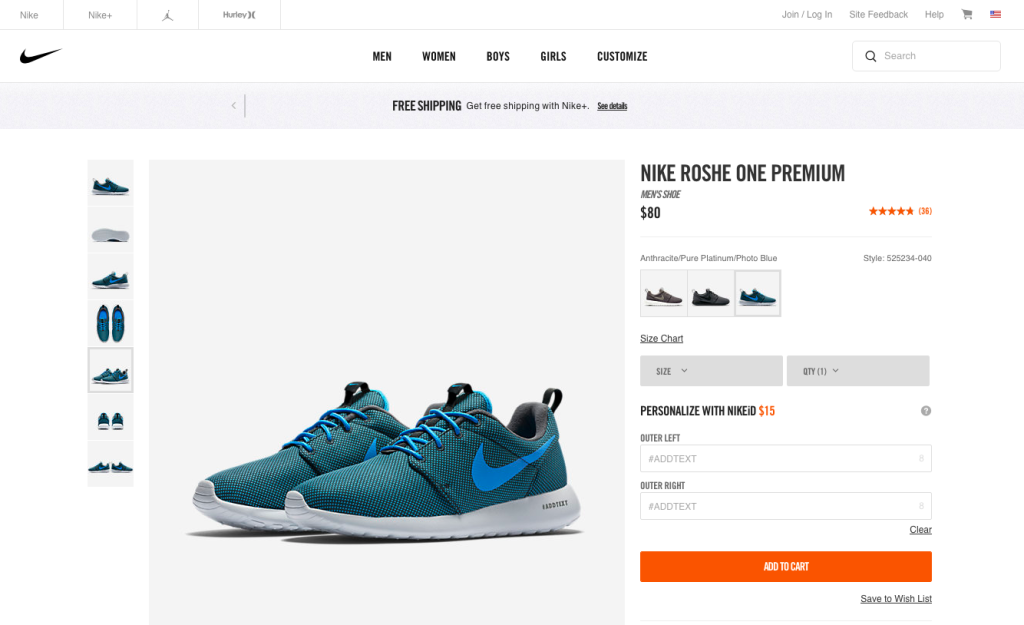
It is for this exact reason that lawyers in court like to show exhibits to the jury when they can. Find and strategically place images that illustrate your message. You know the old saying a picture says a thousand words.
#6 Believe in yourself and your words
Self-belief in your ability to write, and belief in what you have to offer the reader, will be evident in your content. If you do not believe that you can write convincing content, consider getting someone else to write your content for you.
Similarly, if what you are offering is not actually something that you yourself believe in, you will not be able to convince others that what you have to offer is for them. Words can be very powerful, but without passion and belief, they can fall flat and on deaf ears.
#7 Back Up Your Facts
“Data is key,” and with this in mind, ensure that you back up any of your claims with the facts, otherwise it may come across as simply another person’s opinion. The Internet is abounding with studies and statistics which can be used to support just about any argument or fact that you want to substantiate. There are sites that specifically provide statistical data, or depending on your needs, you can create your own statistics using the variety of tools available.
If you happen to be in the service industry, customer testimonials can be a convincing way to underline that what you are stating is true. Tripadvisor.com for example works on a similar principle.

#8 Back Up Your Claims
Lastly, when engaging with your readers, you should ensure that you provide them with supporting arguments to back up your point. In addition to data, you will also need to provide supporting arguments, testimonials, examples and explanations.
A good way to determine the kind of supporting arguments needed as back up is to put yourself in the shoes of a reader who still requires convincing. Ask yourself questions such as, “why” and “how”, and you will find areas in your content where you may need to add supporting information or data.
In a world so full of dubious content, it has become almost an art form to produce content that instils trust and credibility with the reader.
After all, if we can no longer trust what we watch or read in the media these days, is it any wonder that there is so much skepticism towards the mountain of content that is available online?
For an internet marketer, the conversion rate of the content that you produce, can be the difference between success and failure. The key to success is to build a trusting relationship with your readers, through engagement, rather than hard selling. To do this, requires believable content supported by facts and well-formed arguments. Once you are able to achieve this, you will see an increase in the engagement with your content, and your consequential conversions.

